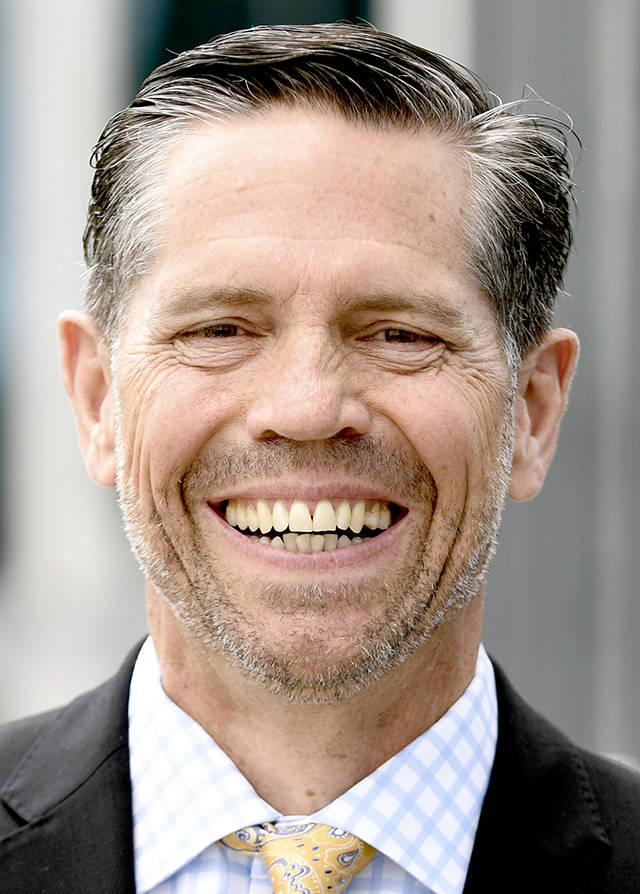A recent trip to Southeast Asia — with stops in Hong Kong, Thailand, Cambodia and Malaysia — revealed just how pervasive Chinese expansion into those areas has become. The internal protests in Hong Kong that started in June and have carried on since are illustrative of a broader reaction to Chinese muscle showing up in that part of the world. China’s presence feels almost like an Asian version of our own 19th century Manifest Destiny. Left unchecked, experts expect China will control a great deal of the South China Sea and, by extension, most trade in that part of the world.
There’s a two-way street at play, though, as most of these Southeast Asian countries are emerging markets where everything seems to be for sale. China is a nearby cash-rich buyer. So in the absence of some balance of power or other support, powerful elements inside of these countries are eager to make deals happen and eventually cede effective control over commerce and institutions in this part of the world through what analysts refer to as hegemonic stability.
Feelings are mixed when Chinese capital shows up. Development and jobs are a good thing. But Chinese nationals are culturally unique and in most cases not interested in adopting local language or religious traditions that run deep in the region — creating what feels like a segregated society in some areas, where little of the benefit of these massive investments into developing new ports, resorts and the like spills into local hands.
The 2016 Trans-Pacific Partnership (TPP) was an attempt to strengthen U.S. trade in the region and create an offset to China’s ubiquity. But it was rather unpopular in the U.S. because it fed into trade imbalances and was scrapped by President Trump. Everyone is waiting to see what replaces it with some eagerness. In that vacuum, China keeps buying.
What is clear is that the behavior of China and desire of its citizens to invest outside of the country will likely define Southeast Asia and probably the global economy in our children’s lifetimes. They are not focusing only on SESoutheast Asia, after all. Africa, Central America and almost every corner of the world are feeling China’s presence in one form or another.
Current U.S. moves today to rebalance trade deals while we have some leverage and to get at some of the prickly elements of how the Chinese do business are cumbersome and painful, but they are likely to have a major impact on how this plays out for decades to come. Notwithstanding the occasional remark or tweet from President Trump, the U.S. is still viewed favorably as the protector of human rights and freedom to common folk in this region of the world. A Malaysian businessman in one of my meetings said that given a choice, he and many Southeast Asians might prefer that the U.S. win out, or at least exert itself more aggressively, in their economies. Settling the trade negotiations between the U.S. and China and then turning attention to replacing TPP seem to be the next moves.
Columnist Tom Hoban is chairman and co-founder of Hoban Family Office, a real estate investment and services enterprise in Everett.
Talk to us
> Give us your news tips.
> Send us a letter to the editor.
> More Herald contact information.

























